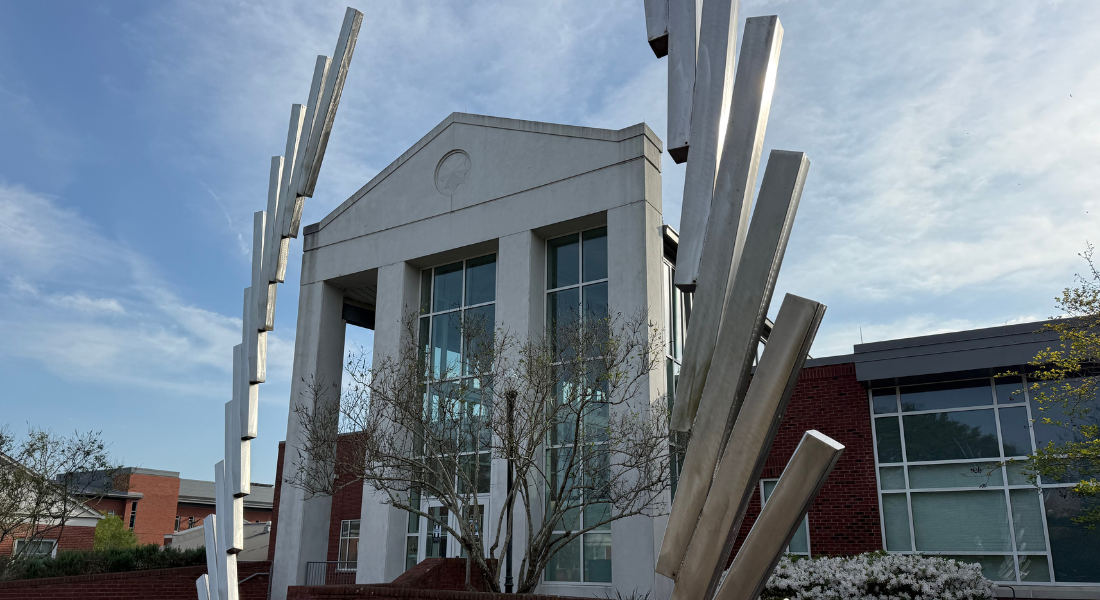Georgia Southern’s President and Chief Legal Officer continued to provide updates on recent federal government action regarding DEI rollbacks during the most recent staff council meeting, held on March 21.
The university received a “Dear Colleague” letter on Feb. 14 targeting diversity, equity and inclusion (DEI) programs. Although unclear what programs (if any) would be affected at Georgia Southern at first, the most recent meeting provided more clarity as to how this impacts our campus.
In our previous reports, we explained the contents of the letter. It instructs all educational institutions to “(1) ensure that their policies and actions comply with existing civil rights law; (2) cease all efforts to circumvent prohibitions on the use of race by relying on proxies or other indirect means to accomplish such ends; and (3) cease all reliance on third-party contractors, clearinghouses, or aggregators that are being used by institutions in an effort to circumvent prohibited uses of race. Institutions that fail to comply with federal civil rights law may, consistent with applicable law, face potential loss of federal funding.”
Some states, including Ohio, are attempting to move some DEI-related bills through their legislation. In the staff council meeting, Maura Copeland, Associate Vice President for Legal Affairs, explained the current state of Georgia’s laws. “As a result of all this federal stuff, states are starting to kind of pass their own laws and guidance at the moment. We don’t have any, but we’re watching those developments, and if something does happen, we will certainly get back in front of you and explain,” she said.
Georgia Southern President Kyle Marrero commented on three bills in Georgia’s legislature that have the potential to impact Georgia Southern.
According to the Georgia General Assembly website, this bill is titled the ‘Fair and Safe Athletic Opportunities Act’.
“This is gender participation in sports. In essence, requiring middle schools, high schools, and colleges to designate interscholastic sports teams as male, female, or co-ed, based on a participant’s sex at birth,” Marrero explained. “Under the law, males would not be allowed to participate in any competition or any team that is designated for females. This would also require separate restrooms and changing areas at all athletic events. This has passed the Senate, and we believe a version of this will end up passing through the House.”
House Bill 602 did not pass through and isn’t expected to coincide with other potential bills. “This is the disruptive protest bill that would deny state funding for loans, grants, and scholarships to students who are convicted of a criminal offense and are found in violation of their institution’s code of conduct due to materially and substantially disruptive conduct on campus, and the definition of that was violence, property, damage, blocking access, excessive noise or harassment,” Marrero explained.
Georgia Senate Bill 120
Senate Bill 120 is the one that is most closely related to DEI. Marrero explained to the staff that although this bill did not pass, they believe it will be attached to possible future bills. “This is the prohibiting of public schools, local education agencies, and public post-secondary institutions, from promoting or maintaining diversity, equity, and inclusion programs,” he said. Marrero explained that this bill would closely align to the original intent of the Dear Colleague letter and be codified within the law. “That will certainly be something we are watching,” he said.
On March 20, President Donald Trump signed an executive bill initiating the dismantling of the Department of Education. An executive order is not law, though. It still has to pass through Congress, and at this time, we are waiting to see if it’ll pass. Luckily, financial aid, grants, scholarships and other types of funding will not be jeopardized. Marrero commented by saying, “We are looking at, and care most, about the impact on our students,” he started. “Pell Grants and federally student subsidized loans will not be impacted by any change in the Department of Education. That would be the greatest direct impact to Georgia Southern and our students.”
As this story develops, we will continue to provide updates.














